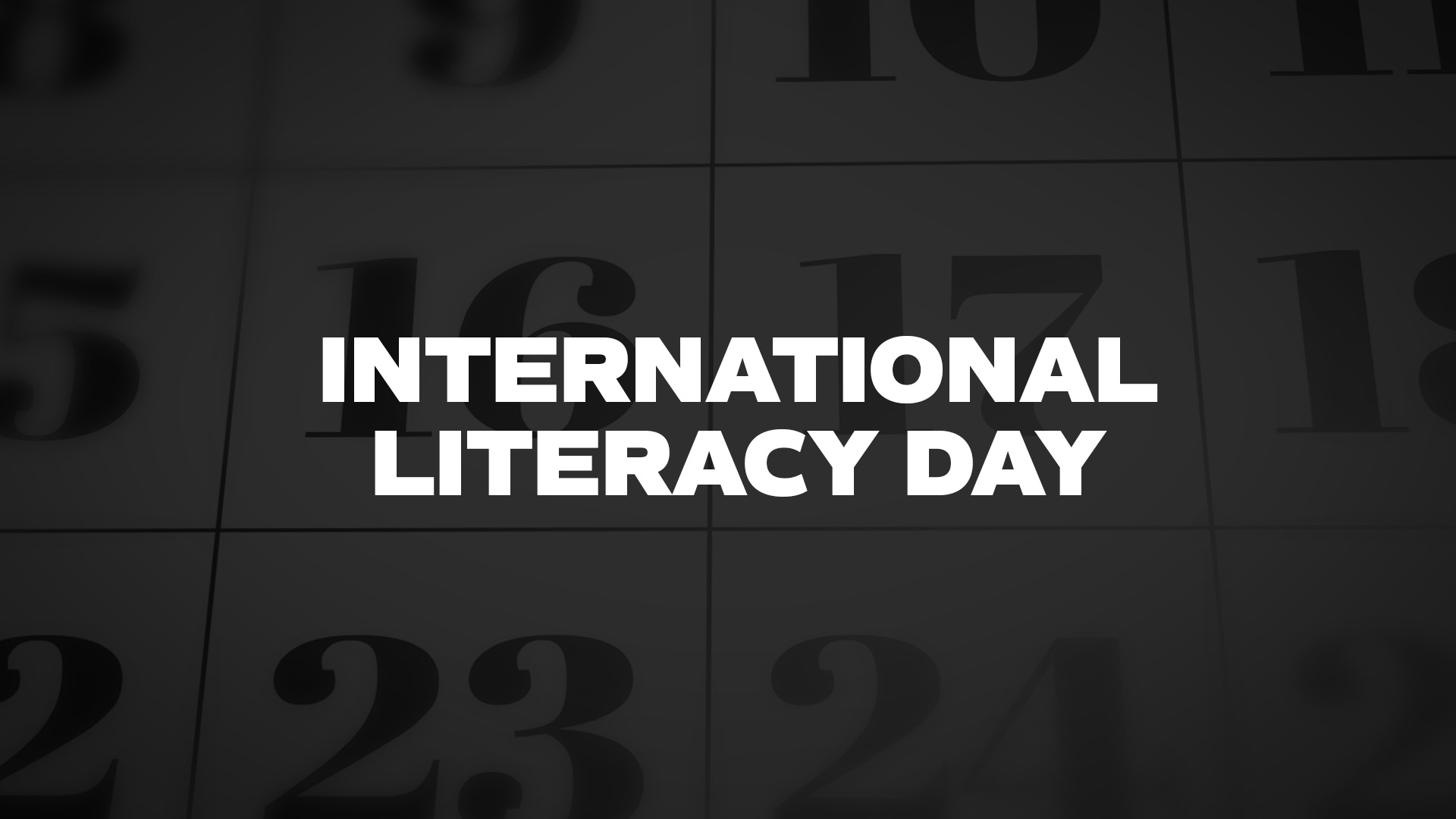International Literacy Day is observed on September 8th each year to raise awareness about the importance of literacy and to promote access to quality education for all. The day aims to highlight the role of literacy in empowering individuals and communities, reducing poverty, and achieving sustainable development.
#HASHTAGS
#InternationalLiteracyDay
International Literacy Day is celebrated annually on September 8th
| Year | Date | Day |
|---|---|---|
| 2023 | September 8 | Friday |
| 2024 | September 8 | Sunday |
| 2025 | September 8 | Monday |
| 2026 | September 8 | Tuesday |
| 2027 | September 8 | Wednesday |
| 2028 | September 8 | Friday |
| 2029 | September 8 | Saturday |
| 2030 | September 8 | Sunday |
| 2031 | September 8 | Monday |
| 2032 | September 8 | Wednesday |
| 2033 | September 8 | Thursday |
| 2034 | September 8 | Friday |
| 2035 | September 8 | Saturday |
